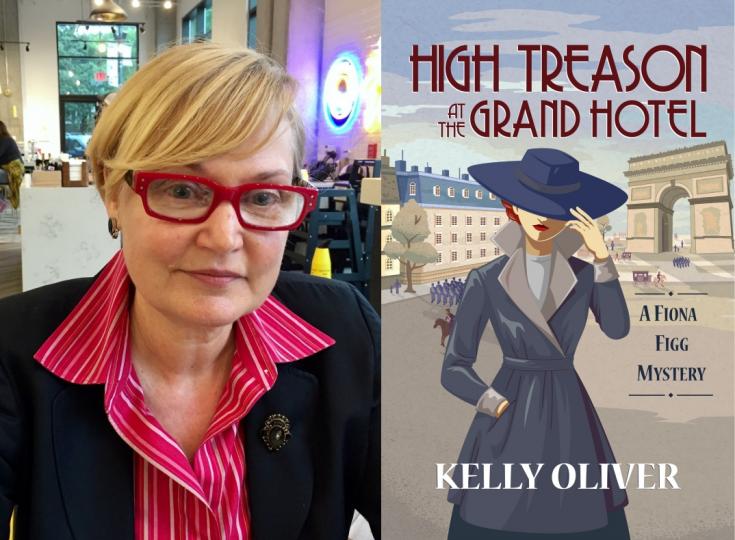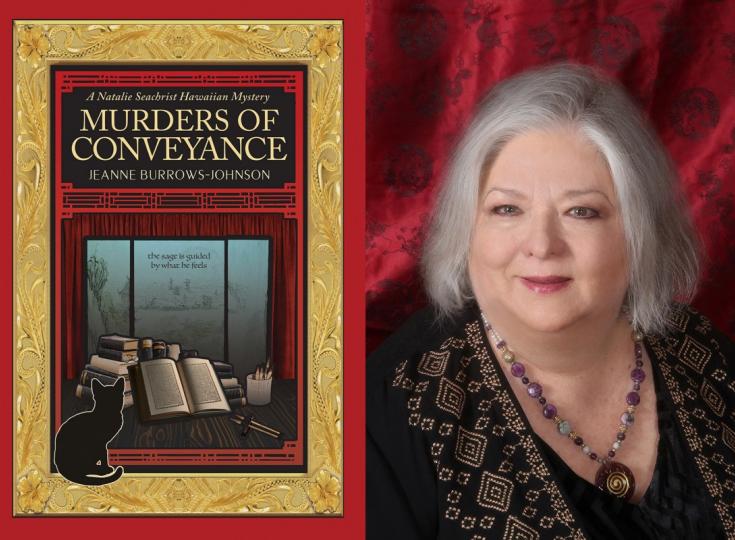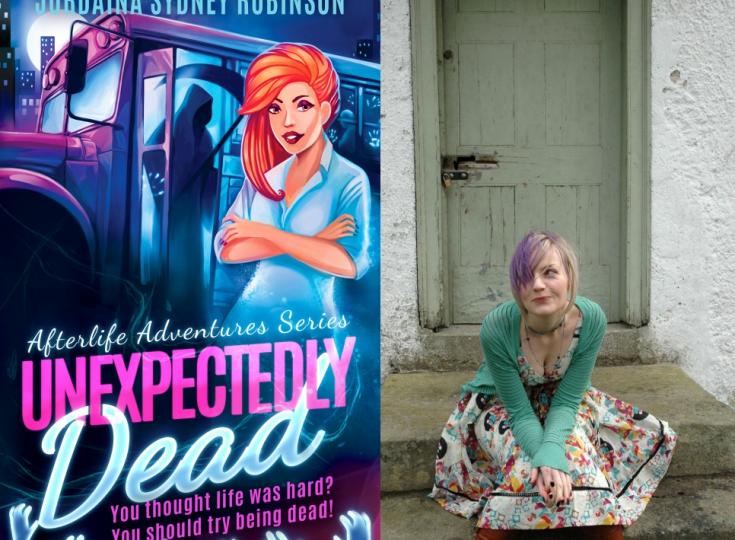J.T. Blossom - Writing Interesting Stories that take us to Better Questions
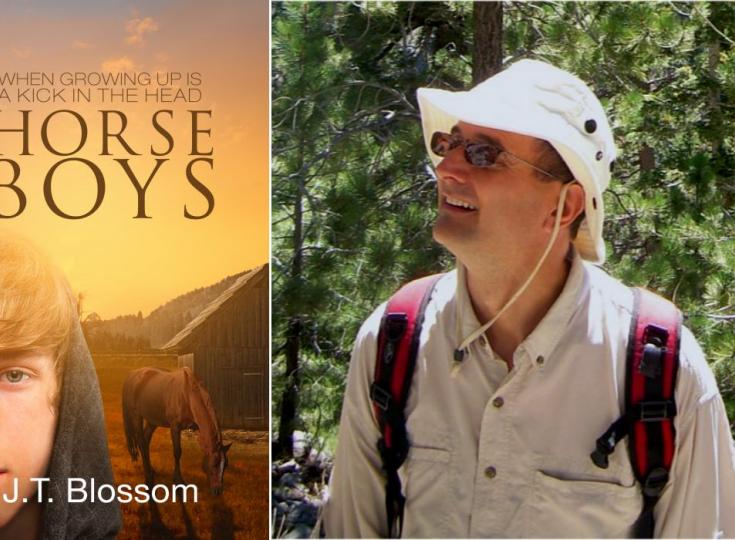
English and art teacher turned author, J.T. Blossom is a lover of nature concerned about social justice and climate change. As our Author of the Day, Blossom gives us a behind-the-scenes look at his coming of age novel set at a summer riding stable, Horse Boys.
Please give us a short introduction to what Horse Boys is about.
Horse Boys is a coming of age novel set at a summer riding stable in the late sixties. It follows smart, sensitive, thirteen-year-old Michael, who is forced to change his name, and in fact his whole identity, to fit in with the toxic culture of the wild and unsupervised horse boys who run the place. The process of “breaking in” Michael (newly-named Coolidge) is not dissimilar to the violent process of breaking in a horse, and Michael consequently struggles with how to fit in and what it means to be a man. Although ultimately hopeful, some of the scenes of abuse in the book are graphic and not easy to read. (The novel is meant for mature teens and adults.) For those who can stomach a hard look at the reality of what many young boys still have to go through today at the hands of other boys and young men, insights can be gleaned about the roots of toxic male culture that has led to the #MeToo movement. The book also takes a deep dive into the challenges of taking care of a large number of working horses, and it has a very dramatic conclusion.
What inspired you to write a coming of age story against this backdrop?
I have been a middle and high school English and art teacher for many years introducing students to Lord of the Flies, Catcher in the Rye, A Separate Peace and many other classic coming of age novels. I spent my high school summers at a Wisconsin stable myself, so the setting lent itself perfectly - almost like Golding’s deserted island - to exploring toxic male culture and its effects on the most vulnerable. Nature and animals are also very fascinating topics to me, so readers will notice I spend a significant amount of time on those positive aspects of Michael’s experience at the stable. Nature is worth noticing, I feel, and clearly holds the key to our ultimate salvation as a species.
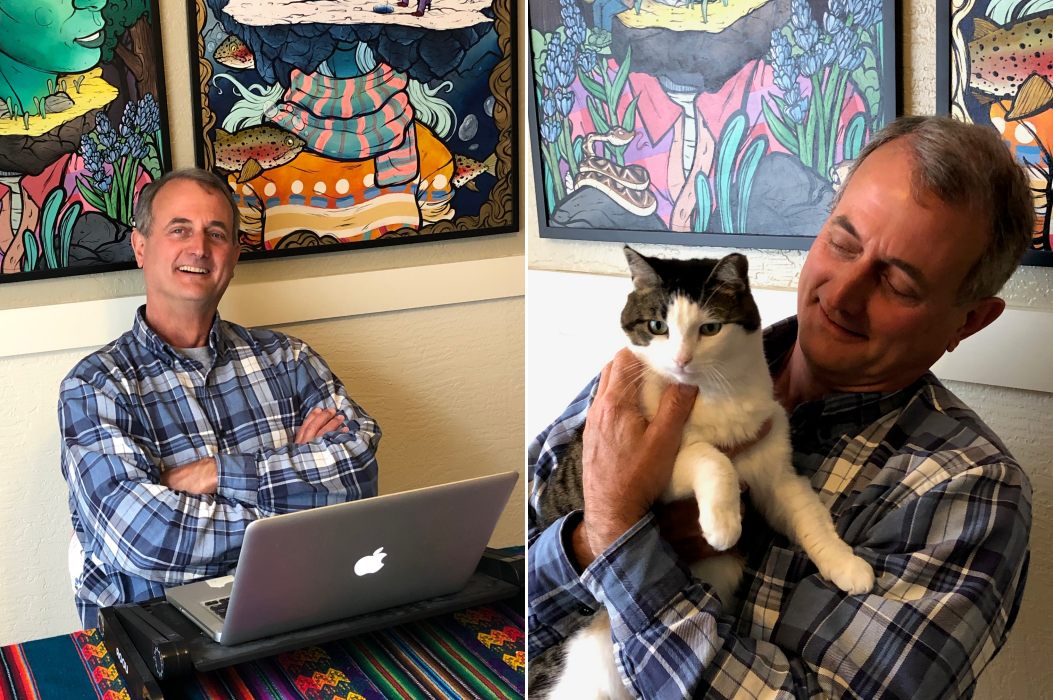
Why the sixties? What drew you to this era?
Despite the Access Hollywood Tapes, the culture of toxic masculinity today is more hidden. Back in the late sixties, the earliest era for which I still have clear memories, boys and men were more blatantly in the open about sexist and entitled attitudes. Just like wearing a seat belt was totally a cultural option back then, the restraints on jokes at the expense of women were optional as well, even for adults who should have known better. Looking at the causes of toxic masculinity and abuse from a slightly historical point of view, I think, gives the reader just enough distance to more comfortably discuss why “horse boys culture” still exists today.
Tell us more about Michael. What makes him tick?
So, Michael has a big dilemma. Home is a terrible and lonely option for him because of his mother’s debilitating illness and his father’s alcoholism. The stable gives him an opportunity to become independent and belong to a very unique organization with real responsibilities, but at what cost? His intelligence and sensitivity give him some coping skills, but those same qualities also increase the depth of his confusion and suffering at the hands of his Cal and the other horse boys.
Readers say that your book gives insights into the way young men are socialized in our culture. Was this your intention?
Yes, but I also just wanted to tell an engaging story about a regular old suburban boy who remarkably gets to be a cowboy, and how his love of nature ultimately provides him with a possible resolution to his identity crisis.
Besides writing, what other secret skills do you have?
I can talk like Donald Duck. Does that count? I can also saw my way through a few easy fiddle tunes and throw a decent pot on the potter’s wheel.
Is there something that compels you to write? And do you find that writing helps you achieve a clarity about yourself or ideas you've been struggling with?
Writing for me is an exploration of the subconscious. I have enough English teaching experience to actually derive some pleasure from the frontal cortex activity of revising, but it is tapping into the subconscious regions of the brain for the first draft of novels that I love the most. My approach to catharsis is Jungian. In other words, I think that what I feel compelled to “work out” in my writing is more a result of my particular connection to the river of collective unconscious than of any particular issues unique to me. I am also a big believer in play when it comes to all aspects of art. I like to start a writing project with a conscious attitude of playfulness and non-judgement. Later the process gets more serious when the freedom of that playfulness points me toward something worth exploring further. We are all repositories of eternal mystery. How we learn to tap into those mysteries is basically the work of living, although writers and artists sometimes experience this more often and more deliberately.
Which of your characters has been the most challenging to write for?
Without a doubt, Cal, because I did not want him to be simply a mindless villain. His love for the stable, and even for Michael, needed to be compelling and understandable even while being toxic. It wasn’t easy writing Jo’s character either for similar reasons. Even though she represents a dating relationship and a home life that would have been healthier for Michael than the stable, it was important that she did not seem to Michael at that point in the novel irresistibly attractive compared to maintaining his horse boy persona.
Is there an underlying message you wish to relay about basic human nature through your characters?
Nature is the important part of human nature that we tend to neglect. What exactly my subconscious is trying to get me to express about this, is a mystery. My exploration of nature started with Horse Boys, deepened with Trespassing, and is getting really out there with The Tunes of Lenore. In the sequel to The Tunes of Lenore, which I am working on right now, the question of how to solve climate change is central to the final resolution of the series. The prequel, coming after the sequel, will explore Ella’s grandfather and the origins of the fiddle, Lenore’s, loving powers.
Clearly, humanity’s goal right now is to figure out our true relationship with nature sooner rather than later. I don’t have any answers, but I’m pretty sure the ultimate questions will be about generosity and love somehow.
You write about some heavy themes - things that many of your readers have probably never experienced - yet it's very easy to identify with your characters. How do you make them so relatable?
It’s nice to hear that they are relatable - thanks! I do a lot of revision work while reading out loud, usually at least five to seven passes through an entire novel. That process, while tedious at times, really helps to allow complexity to sound natural. My partner works with cutting edge research organizations that help kids with learning differences, and one fairly recent discovery that is relevant to writers is that the speaking part of our brains is way larger and better connected than the reading part. This is probably because reading evolved much later in human development than speaking. So, reading out loud while editing is actually utilizing more of your brain, and this, I find, is especially helpful when trying to make dialogue sound real.
My general approach to novels is to prioritize themes and conflict first, then plot. Maybe I feel that plots only work if characters have genuine thematic conflicts to work out. We all lead complex lives, way more complex than can ever be expressed in a novel. (Well, a Faulkner novel might be the exception to that...) Sometimes novels provide answers that are too simple and have characters that are too flat. I’m not saying my characters are all perfectly round, but I try my hardest to be honest in the portrayal of their complexities. When what I am writing feels like a discovery for me and my characters, even if it takes the writing in unplanned directions, I feel like I am being true to the process.
To what degree do you believe authorial intent determines how a book should be interpreted?
This is a such a great question! Because novels are a process of discovery for me, I certainly honor a similar process in my readers. I am not looking to present answers in my books, but rather to write vivid and interesting stories that take us to better questions. A good discussion in English class is one that leads to a higher level of questioning, not answers, and I mean that for the teachers as well as for the students. Novelists are teachers, whether we want to admit it or not. The world’s knowledge resides in stories, and writers and readers all have their own unique connection to the wellspring of the collective unconscious. It seems to me that every novel is an opportunity for all of us to think deeply and share what we learn about ourselves and the world.
Do you have any interesting writing habits? What is an average writing day like for you?
My best writing days begin after an hour or two of meditation in which I consciously try not to think about what I am working on, or anything at all for that matter. Interesting ideas sometimes sneak in then around the edges as a welcome side benefit to meditation, but mostly the Vipassana practice just helps me focus myself and clarify my faith in the creative process. I can sometimes edit in the afternoons, but I do my best work in the morning, especially on first drafts.
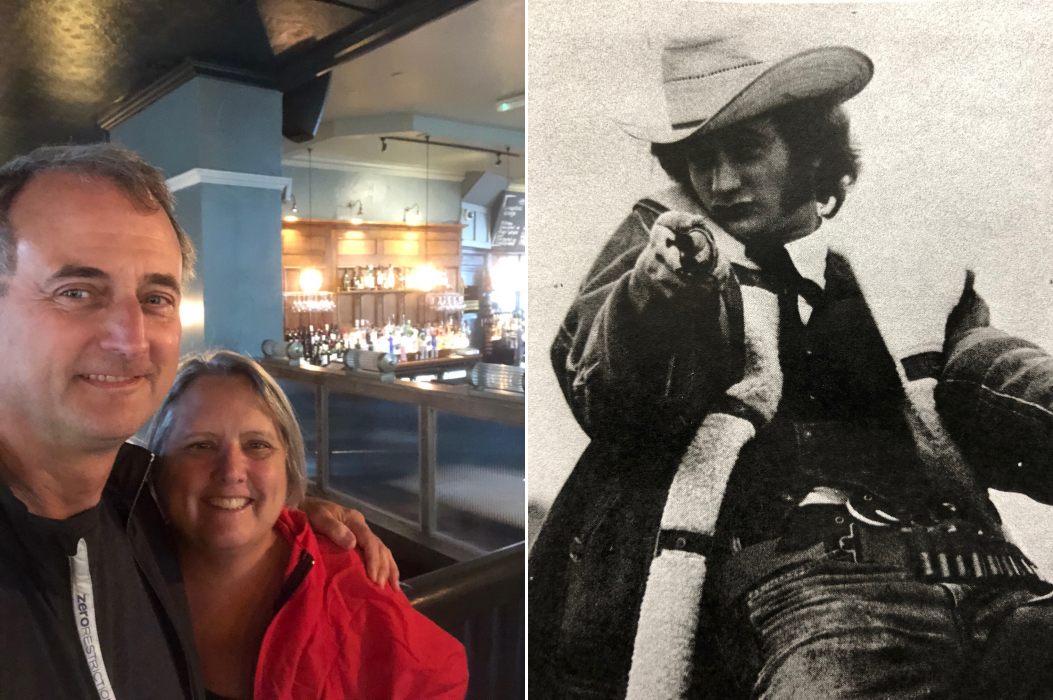
What are you working on right now?
My latest release is The Tunes of Lenore. I got the inspiration for it by playing around with the idea of a hope-filled, romantic, love story that starts out being about the protagonist but actually ends up being about her human-like dog. Naturally, it got more complex as it went along, but it still ended up a sweet love story with a satisfying ending. I am halfway through the first draft of the sequel.
The series is set briefly in the future and follows the coming of age experiences of Ella, a sixteen-year-old girl who has a golden retriever she can communicate with in a uniquely artistic way, and a fiddle named Lenore that is actually a reservoir of her grandfather’s love. Lenore provides guidance at key moments in Ella’s life, but is not the central character until the prequel. Ella goes to a challenging boarding school in the wilderness and there finds new and better ways of looking at life that are beyond her previous habit of hooking up and judging her friends by appearances and the brand names they wear.
The themes that drive this series involve the relationship of true love to selflessness and generosity, and the possibility of natural fulfillment in a world of fast-moving complexity. Of course, nature in the era of climate change plays a big role, along with the theme of humankind’s relationship with plants and animals.
Where can our readers discover more of your work or interact with you?
Please visit jtblossom.com. I have a children’s story there inspired by Richard Power‘s The Overstory called “The Upside-Down Tree People” that also has a Facebook page where readers can post their own photos of these interesting beings. Learning to see them is a fun activity for kids and an interesting and creative way to build awareness of plants and trees as individuals rather than just as commodities. My email address is [email protected]. Aloha!

